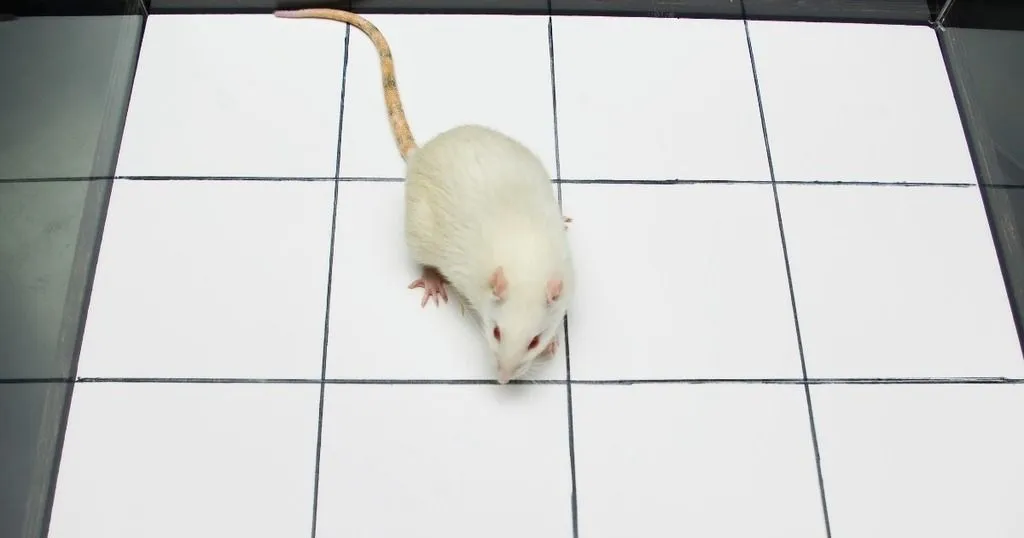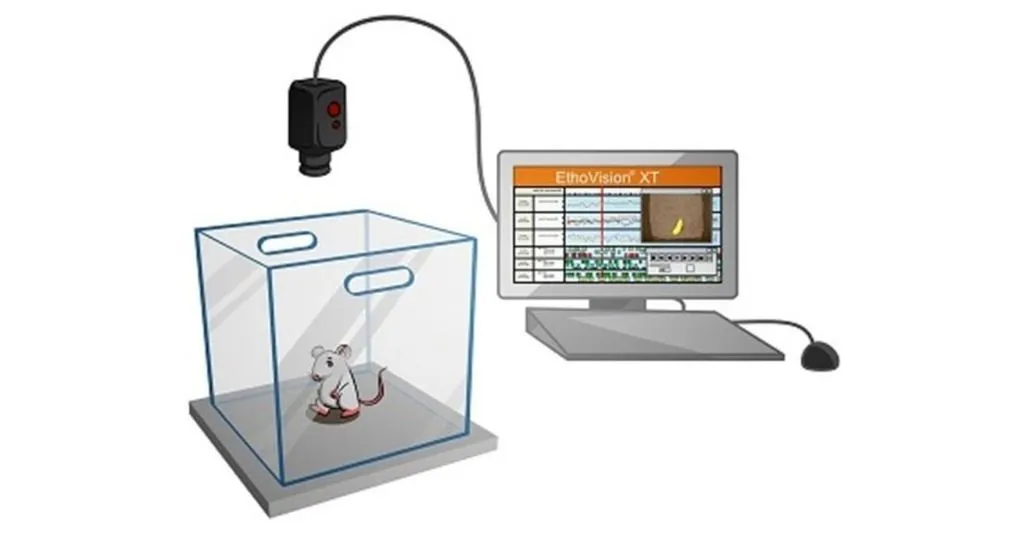Blog posts tagged with elevated plus maze

04 Jul
animal behavior research
Anxiety, Depression and Fear
Left on read - how social rejection rewires the teenage brain
A recent study combined behavioral tracking with immunohistochemistry to research how a developing brain processes social exclusion. Keep reading to find out how EthoVision XT enables anxiety research.

20 Mar
animal behavior research
Anxiety, Depression and Fear
Does obesity cause anxiety?
In this blog we explore the relation between a high fat diet and anxiety in rodents. Recent data obtained with EthoVision XT show that it might not be as clear cut as it once seemed.

08 Jul
animal behavior research
Anxiety, Depression and Fear
Robust and reliable: Measuring anxiety in the Elevated plus maze
Screening of anxiety-like behavior in the elevated plus maze becomes more reliable with Ethovision XT combined with the standardization of testing parameters and common practices.

01 Jun
animal behavior research
Other (Animal)
Homology and analogy in behavioral neuroscience
The point of this blog is to encourage you, as researchers, to ‘double think’, which is to say think like a scientist and think like an animal.

14 Nov
animal behavior research
Other (Animal)
Decreased learning abilities in diabetic rats: Silymarin to the rescue
Silymarin is a substance that works as an antioxidant, is anti-inflammatory and increases BDNF levels. After supplementing silymarin to diabetic rats, typical diabetes symptoms were greatly improved.

25 Jul
animal behavior research
Anxiety, Depression and Fear
Is a unique calcium regulating mechanism a cause of Gulf War Illness?
Gulf War Illness (GWI) is potentially caused by organophosphate exposure. Through behavioral experiments, using a DFP rat model, researchers tested levetiracetam as a potential cure.

01 Feb
animal behavior research
Other (Animal)
Exercise vs anabolic steroids: a rat study
A recent study shows that the use of anabolic steroids diminishes the positive effects of exercise in rats.

19 Feb
animal behavior research
Research Methods
EthoVision XT and the open field test
Imagine you are dropped in the center of a wide open field. Would you explore the entire area? Or hunker down around the edges, fearing predators and other unknowns?

20 Feb
animal behavior research
Anxiety, Depression and Fear
How to easily automate the elevated plus maze test
Anxiety. It is nature’s way to keep us out of harm’s way, so it is a useful emotion. At times, though, it can also be overwhelming. For some, it gets out of control, irrational, and even disabling.

18 Jul
animal behavior research
Alzheimer’s and Parkinson’s
Mice with Alzheimer’s disease walk well but remember poorly
A large number of genetically engineered mouse models are available to study different aspects of Alzheimer’s disease.